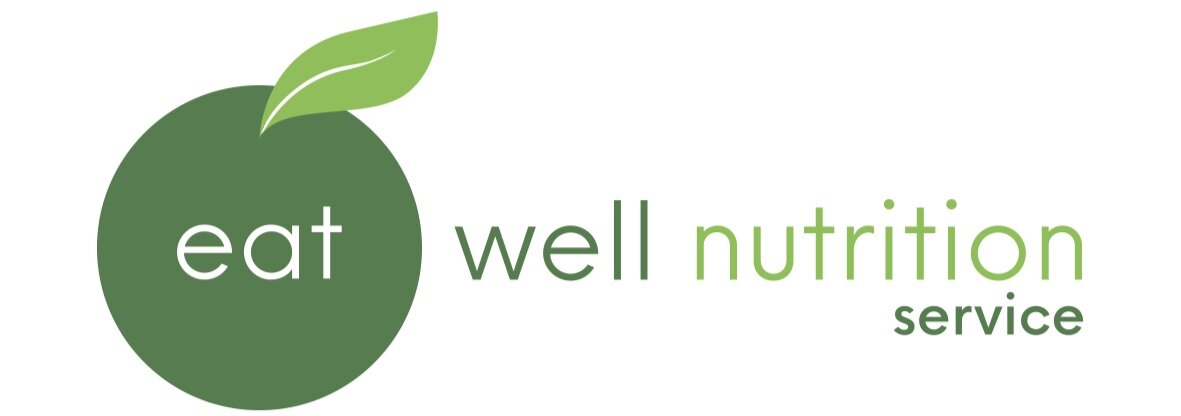Healthy New Year
A new year means resolutions, and after the silly season, for many of us this often includes health related goals and improving eating habits.
It is the time of year where magazine covers are often spruiking celebrity fad diets, and detox’s that promises a healthier you. Put simply, fad diets don’t work and detox’s are unnecessary. These diets promise significant weight loss without a scientific basis. They often eliminate entire food groups and as a result lack a wide range of important nutrients. The other problem with fad diets is that they usually encourage fast weight loss, tempting yes, but such a loss usually doesn’t impact on fat stores. This quick initial weight loss is mostly water and lean muscle, which can be quite negative for your system. Muscle breaks down more easily than fat, and this can lead to reduced metabolic rate which means when you stop the diet, your body will actually gain weight more easily than it did to start with. You can end up being heavier than before the diet!
Instead, healthy eating goals should be a focus all year round, not just for a few weeks into the New Year. Research shows that when changing habits, small incremental changes are often more sustainable and lead to better health outcomes. Planning is the key, try listing small changes you believe will improve your health, then each month focus on a new change. Just be sure to keep them small and achievable (such as use the stairs) rather than grand resolutions. Keep in mind, the harder the new behaviour is, the longer it takes to become a new habit. By the end of the year you should have introduced a number of changes and be fitter and healthier than ever!
Here are some new habit ideas and tips to get you started:
Exercise at least once on the weekend. Treating weekends exactly the same as weekdays is an important strategy to promote weight loss and maintenance.
Downsize your latte or switch to tea; a milky coffee is equivalent to a snack.
Each month, add five minutes of extra exercise to your daily routine. In just six months, you will be working out for an additional 30 minutes each session.
Change your large plates and bowls for smaller-sized ones. This can help reduce your portions at each meal, without the feeling of deprivation.
Use the stairs whenever possible.
Drink water before every meal.
Add extra vegetables or salad to your sandwich or roll at lunch each day.
Include fish at least twice a week. Fish is a great source of omega-3s, and important fatty acid that promotes good health.
Eat a small portion of your favourite food every day. You don’t have to give up all your favourite foods, but avoid over-eating them! For example 2 squares of chocolate daily will not negatively affect your health or weight. It will also help avoid those tempting binges than can occur when you have banned yourself from chocolate altogether!
Consume at least five serves of vegetables every day. Half of your dinner plate should be filled with vegetables or salad.
Add some psyllium husk to your morning cereal. An easy way to help increase fibre in your diet. Fibre is important for digestive health, but plays a role in weight management and heart health.
Stay on your feet when you’re on the phone! Standing is an effective way to help increase your daily activity.
Always carry a piece of fruit in your bag. It’s a healthy snack that’s easy on the go!
Incorporate nuts into your diet. A handful of nuts a day may reduce your risk of heart disease and diabetes, help lower blood cholesterol and manage your body weight. Nuts are rich in vitamins, minerals, fibre and antioxidants.
Eat 20% less at your evening meal, research has shown that reducing portions by 20% will not affect fullness or satiety, yet significantly reduces energy intake and can therefore assist with losing weight.
Try a new food each month. Explore tastes, flavours and the texture of good food – more variety often helps meet nutritional needs.
Once a week, walk home (or part of the way home) from work.
Use cooking oil spray instead of bottled oil.
Eat breakfast. A healthy breakfast provides important energy for the day and kick-start’s your metabolism.
Count your fluids – swap higher energy drinks like soft drink, sports drinks, juice, cordial, full-fat milk and alcohol, for water, tea (herbal, green or black), skim milk, soda water, diet cordial and diet soft drinks.
Don’t skip meals – it’s easier to control your weight and meet your nutritional needs.
Stop adding salt to your food. It’s as simple as that. Herbs and spices are a great alternative to add flavour to meals. If you have to use it, replace it with potassium salt.
Choose the unprocessed versions of food. Foods without labels are the healthiest foods you can have.
Plan you meals and snacks weekly, being organised plays a big role in changing/maintaining healthy eating habits.
